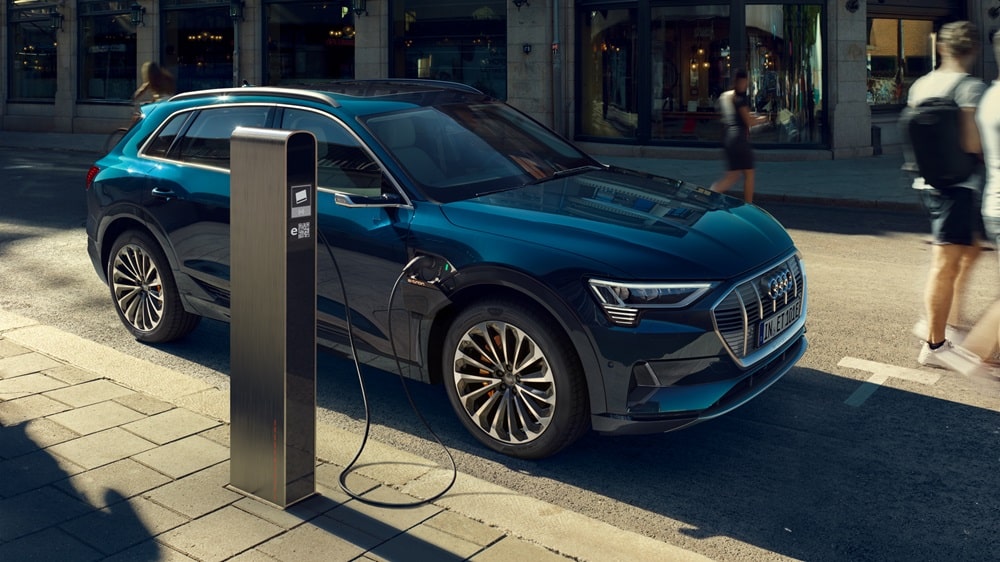In an effort to appease local assemblers, the government has eliminated customs duty on the import of hybrid cars and luxury electric vehicles (EVs). This decision has sparked criticism from used car importers who argue it will primarily benefit vehicle assemblers rather than consumers.
Earlier, local hybrid vehicle assemblers had a successful meeting with Prime Minister Shahbaz Sharif, leading to the abolition of concessions on hybrid vehicle imports that were initially granted in 2013 to reduce the price gap between hybrid and fossil fuel vehicles. Now, as local hybrid vehicle production ramps up and price gaps narrow, these exemptions are being phased out to support domestic industry growth.
Additionally, the government has justified ending exemptions on luxury EV imports by emphasizing the need for users and importers of $50,000 EVs to pay taxes and duties. This shift also includes basing advance taxes on vehicle value rather than engine capacity, which could impact pricing strategies.
Arif Habib Limited (AHL) anticipates that removing customs duty exemptions on fully assembled hybrid vehicles will increase demand for locally manufactured hybrids. Conversely, ending tax breaks on luxury EV imports might encourage affluent buyers to choose locally produced alternatives over imported ones.
HM Shahzad, Chairman of the All Pakistan Motor Dealers Association, criticized the government for favoring assemblers over manufacturers in the auto sector. He highlighted that while assemblers have relied on imported parts for decades, they have not significantly increased local production.
Local auto manufacturers, represented by Indus Motor Company (IMC) CEO Ali Asghar Jamali, have defended their efforts to localize vehicle components and praised the government’s support for this initiative. However, concerns remain regarding the lack of incentives for small cars and measures to promote small and medium enterprises in the FY25 budget.
Overall, reactions within the local auto industry to these budgetary measures have varied, with ongoing discussions about their implications and future impacts.




